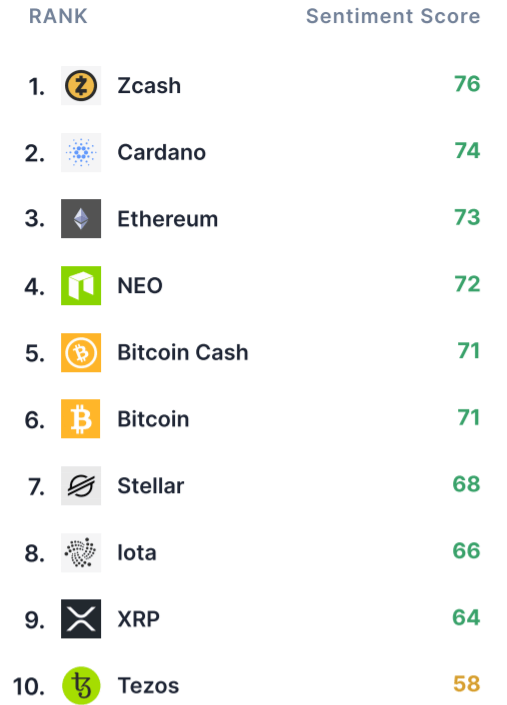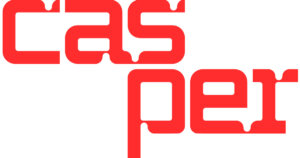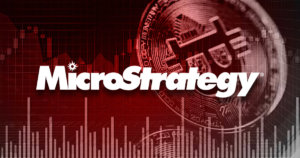 eToro: Crypto is still “retail dominated,” Zcash has the highest “sentiment” score, and how FTX gained from Blockfolio acquisition
eToro: Crypto is still “retail dominated,” Zcash has the highest “sentiment” score, and how FTX gained from Blockfolio acquisition eToro: Crypto is still “retail dominated,” Zcash has the highest “sentiment” score, and how FTX gained from Blockfolio acquisition

Photo by Loïc Fürhoff on Unsplash
A new report jointly-published by eToro and The TIE explored the cryptocurrency landscape for Q3 2020, finding out long-term sentiment metrics for popular cryptocurrencies and how mergers and acquisitions proved to be the best indicator for future price rises.
The TIE, the report’s data source, is a provider of alternative data for digital assets such as a proprietary feed that uses Twitter data to determine a coin’s public sentiment at any time.
Joshua Frank, CEO of The TIE, said Q3 was proof of how crypto still a retail dominated industry, as the popularity DeFi, yield farming, NFT’s boomed despite the lack of security audits. Frank said these narratives ruled for much of the quarter, but MicroStrategy’s $425M investment in Bitcoin was “certainly a highlight.”
Zcash shows the best “long-term” sentiment
The short-term gains and frenzied behavior aside, social sentiment metrics showed investors were betting on privacy cryptocurrency Zcash for long-term growth, as the chart below shows:

The “Long-Term Sentiment Score” is a measure of how positive or negative conversations on Twitter have been about a particular cryptoasset over the last 50 days vs. the previous 200 days. A score above 50 implies that conversations have been more positive during the past 50 days vs. the previous 200.
Frank said that following Gemini’s support of shielded Zcash transactions, ZEC finished the quarter with the “most positive long-term sentiment score” of any crypto on eToro. ZEC was closely followed by Cardano, Ethereum, NEO, Bitcoin Cash, and Bitcoin, he noted.
The effects of M&As, 51% attacks, and mainnet launches
“Mergers and Acquisitions are remarkable, showing a 90% chance of a positive return after a week, averaging 8.23% in returns,” noted Frank, adding:
“This outsized return is likely due to the fact that most token-related M&A news are tightly held secrets. Further, M&A news in the context of tokens are typically done to add further value to an ecosystem.”
An example of this, Frank pointed out, was FTX’s acquisition of Blockfolio and the subsequent surge of users into the FTX ecosystem. “In just over a week following the acquisition, the price of FTX surged by 33%,” he said in the report.

On the other hand, a “51% attack” — a death knell for a blockchain network — showed the lowest probabilities of yielding positive returns. Tokens experiencing such attacks saw an average loss of 3.32% after one week, 79.2% of the time.
An infamous example is of the three consecutive 51% attacks on Ethereum Classic, which 36% in just over a month in August. On average, ETC’s 51% attacks led to the token falling by 23% over the following week.
Surprisingly, a mainnet launch or upgrade resulted in a positive price increase for the coin only 47% of the time. Frank noted in the regard, “We believe that the negative price movement is likely due to a “buy the rumor and sell the news” mentality.”
“Often investors already know that a mainnet launch or upgrade is on the horizon and will buy a token in anticipation of the event,” Frank added.
The 44-page report — with topics ranging from an in-depth view of DeFi, to individual coin breakdowns, to Bitcoin’s nature as a risk-off asset can be viewed here.



 Farside Investors
Farside Investors 

















































































